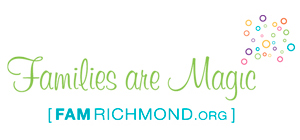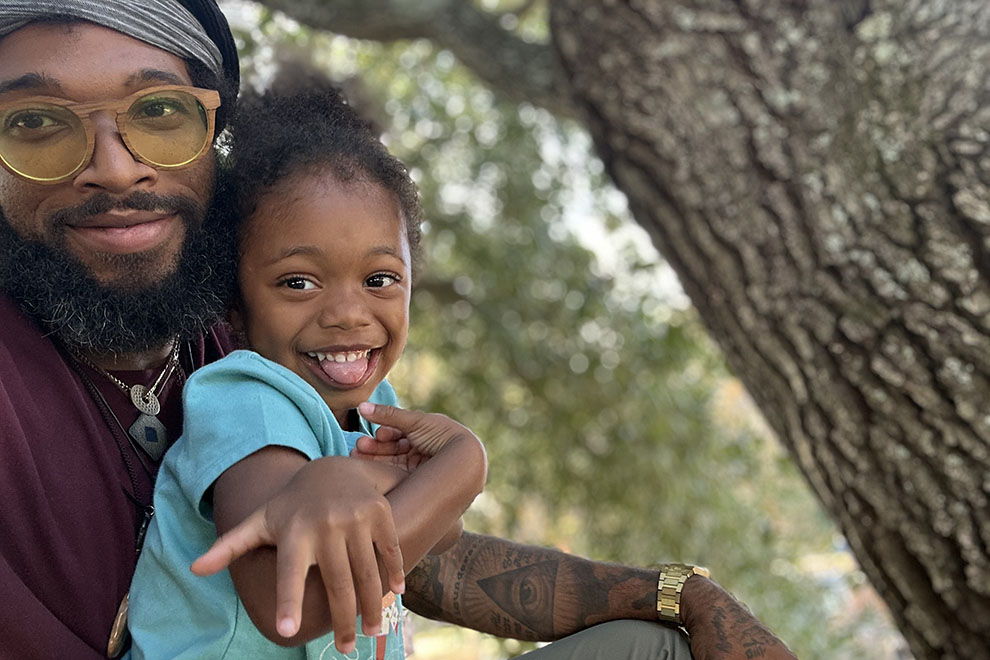 I have watched kids in my extended family open birthday and Christmas presents over the years, and I don’t like what I’ve seen. My kids are still preschoolers, and I want them to be different. Do you have any strategies for helping kids show gratitude?
I have watched kids in my extended family open birthday and Christmas presents over the years, and I don’t like what I’ve seen. My kids are still preschoolers, and I want them to be different. Do you have any strategies for helping kids show gratitude?
 Your children are the perfect age to learn gratitude. And just like the other lessons you are teaching your children, it will take practice and reminders. Soon, your children will be displaying age-appropriate gratitude. You can begin with the expectation of manners at all times, please and thank you! It may already be automatic for your children to say “thank you” when they receive a snack. This is a great start. You can have a conversation with them about how nice their manners are, and how it makes the person giving them the snack feel good to be thanked. I would then extend this to gifts and other occasions.
Your children are the perfect age to learn gratitude. And just like the other lessons you are teaching your children, it will take practice and reminders. Soon, your children will be displaying age-appropriate gratitude. You can begin with the expectation of manners at all times, please and thank you! It may already be automatic for your children to say “thank you” when they receive a snack. This is a great start. You can have a conversation with them about how nice their manners are, and how it makes the person giving them the snack feel good to be thanked. I would then extend this to gifts and other occasions.
As the holidays approach, I recommend using role-play. Try different scenarios such as receiving gifts, having someone invite them for a play date, or getting a goody bag at a birthday party. This role-play helps them practice their responses in a fun way. For children, play is learning, so this is the perfect strategy to learn how to express gratitude. Utilize a favorite stuffed animal or doll to play a part as well – make it fun! You may also want to talk with them about what to say if they get a gift they already have, or a gift they don’t like. A good rule of thumb is to have your kids always say an enthusiastic “thank you.” You can reassure them that if they already own the gift, you will work something out later. As your children mature, this will become easier for them.
Often, when others hear preschoolers express gratitude, they are quick to comment on a child’s great manners. This praise is a nice positive reinforcement. If it hasn’t been expressed, make sure you acknowledge what a great job your children did. Children are learning so much all the time. It makes it easier for them to learn the appropriate behavior when a quick reinforcement is provided. “You did such a nice job saying thank you to everyone for the gifts. I was so proud of you for being grateful!” Additionally, I would recommend other ways of helping your children show gratitude – not just in their manners, but to make gratitude a building block of their development. Here are three ideas: make paper chains with one thing they are grateful for on each slip of paper; record gratitudes in a family journal; or say the high points of your day around the dinner table. And finally, modeling gratitude is the best strategy for raising grateful children, as we all know, children learn from watching us.
 My older sister and my best friend are polar opposites on breastfeeding. My baby is due this winter, and I’ve been listening to them for months. I’m getting stressed just thinking about it. What is the general consensus on breastfeeding?
My older sister and my best friend are polar opposites on breastfeeding. My baby is due this winter, and I’ve been listening to them for months. I’m getting stressed just thinking about it. What is the general consensus on breastfeeding?
 I think you are experiencing something all new parents encounter – very strong opinions from others that are complete opposites! This probably won’t be the only time you encounter this as your pregnancy ends and you begin to raise your child. The best advice I can provide is to learn to trust yourself. Ultimately, this decision is yours to make, and you will make the right one for your family. Breastfeeding is a highly personal interaction between you, the baby, and (sometimes, but not always) a co-parent. Research does indicate that breastfeeding is the best source of nutrients for your child. If you do decide to breastfeed, there are numerous resources available to support you and the baby, beginning with lactation consultants in the hospital. I would strongly recommend taking advantage of the resources and encourage you to ask questions early and often.
I think you are experiencing something all new parents encounter – very strong opinions from others that are complete opposites! This probably won’t be the only time you encounter this as your pregnancy ends and you begin to raise your child. The best advice I can provide is to learn to trust yourself. Ultimately, this decision is yours to make, and you will make the right one for your family. Breastfeeding is a highly personal interaction between you, the baby, and (sometimes, but not always) a co-parent. Research does indicate that breastfeeding is the best source of nutrients for your child. If you do decide to breastfeed, there are numerous resources available to support you and the baby, beginning with lactation consultants in the hospital. I would strongly recommend taking advantage of the resources and encourage you to ask questions early and often.
However, breastfeeding is not the only option for babies. Formula is also an option. It is completely okay to make that choice. The ultimate role a mother needs to play in the life of her infant and young baby is to be a safe person who nurtures the baby and becomes attached to that baby. This means responding to the baby when she cries, providing for all of the baby’s basic needs, providing gentle touches and lots of cuddles, and keeping the child safe. Feeding a baby is the perfect time to bond with your baby, to hold him close and to look into his face. This special time is for all babies, whether they are breastfed or bottle-fed.
Your life will change dramatically this winter with the arrival of your baby. Be gentle with yourself and make the decision that feels right for you. And know that a content mom is able to provide for all of her baby’s needs. You will find a balance of taking care of your baby and yourself that will work for you and your family. Like I mentioned, learn to trust that you will make the right decision for your family. It is good to ask advice from trusted family and friends and your baby’s pediatrician, but pay close attention to your inner voice. Your baby needs a mother who is not stressed out and can enjoy this time.






